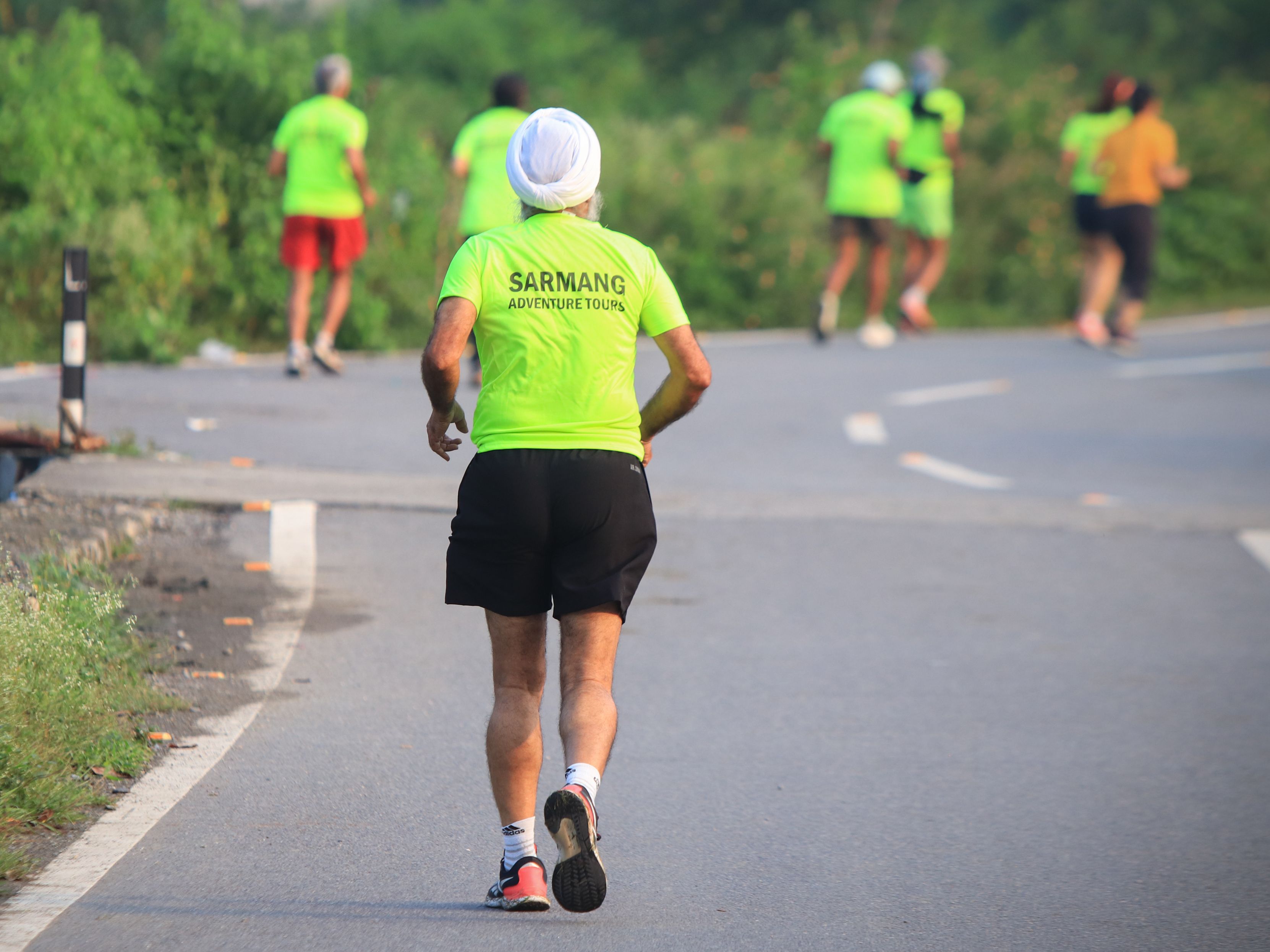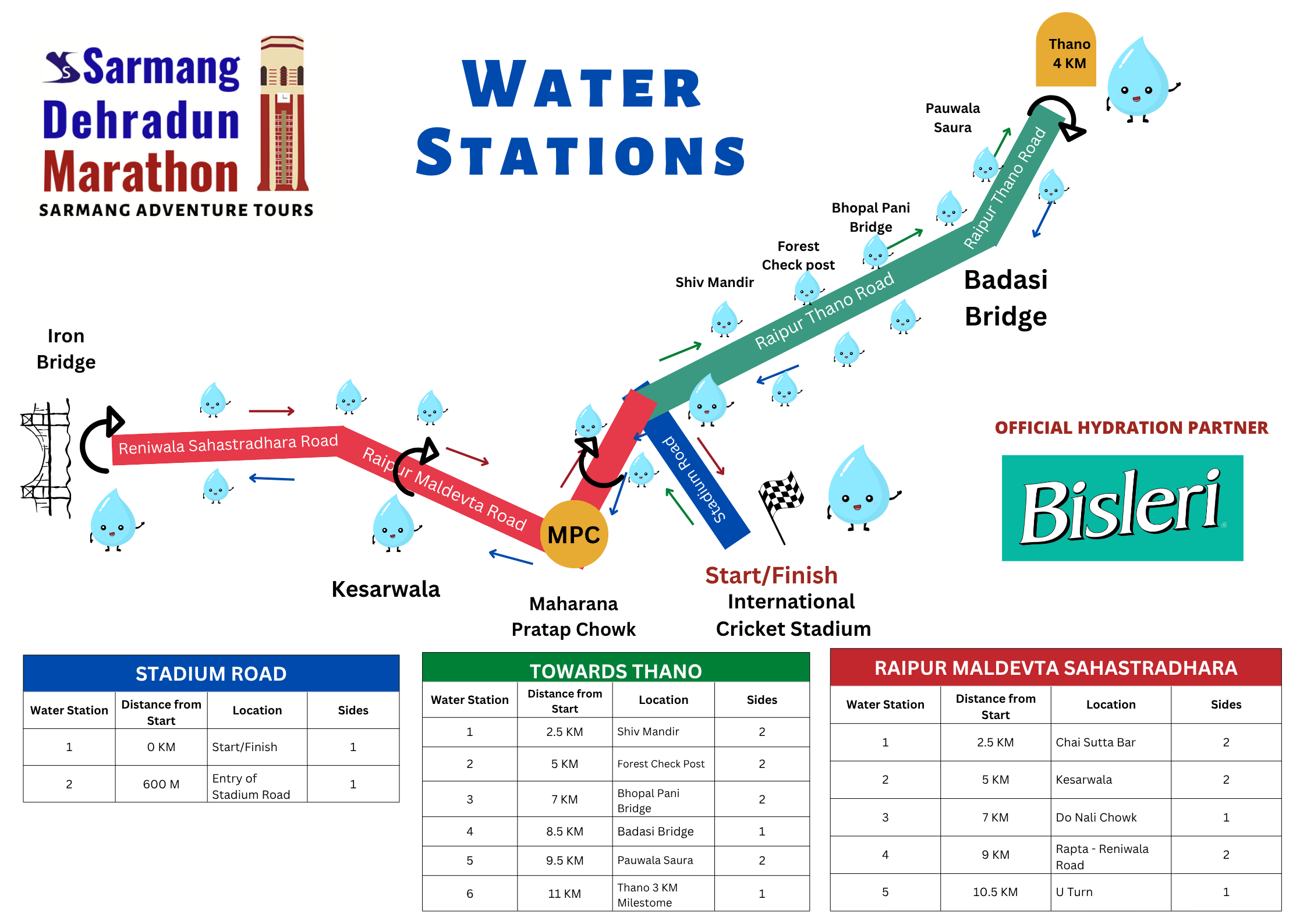Race Week Nutrition for Runners

Race week nutrition is a critical component of your preparation as a runner. Proper nutrition leading up to your race can have a significant impact on your performance. Here are some nutrition tips for runners in the week leading up to a race:
Carbohydrate Loading:
In the days leading up to your race, gradually increase your carbohydrate intake. Carbohydrates are your body's primary source of energy during endurance events. Aim to consume complex carbohydrates like whole grains, pasta, rice, and potatoes.
Maintain a Balanced Diet:
While increasing carbohydrates, don't neglect other essential nutrients. Ensure your diet includes a balance of proteins, healthy fats, vitamins, and minerals.
Stay Hydrated:
Continue to focus on hydration throughout race week. Aim for well-hydrated urine (pale yellow) but avoid overhydration, which can lead to electrolyte imbalances.
Avoid Excess Fiber:
High-fiber foods can cause gastrointestinal discomfort during a race. Reduce your fiber intake in the day or two before the race.
Limit Sugary Foods:
While carbohydrates are essential, avoid consuming too much sugar. Choose complex carbohydrates over sugary snacks and beverages.
Experiment with Pre-Race Meals:
Practice your pre-race meal during your long training runs. Find a meal that's easily digestible and provides sustained energy. Typically, this meal should be consumed 2-3 hours before the race.
Race-Day Breakfast:
On the morning of the race, eat a light, easily digestible meal. Common choices include oatmeal, toast, banana, or an energy bar. Make sure it's something you've tested during your training.
Pre-Race Snacks:
If your race start time is several hours after breakfast, consider a small, easily digestible snack closer to the race.
Avoid New Foods:
Race week is not the time to experiment with new foods or supplements. Stick with what you know works for you.
Pay Attention to Timing:
Timing your meals and snacks is crucial. Don't eat too close to the race, and be mindful of the timing of your last big meal before the race starts.
Include Protein:
While carbohydrates are the primary focus, include some lean protein sources in your meals to aid in recovery and muscle repair.
Post-Run Nutrition:
After your training runs during race week, prioritize recovery. Consume a mix of carbohydrates and protein to replenish glycogen stores and promote muscle repair.
Gels and Sports Drinks:
If you've been using energy gels or sports drinks during training, continue to use them in the same way on race day.
Supplement Wisely:
Some runners may choose to supplement with electrolyte tablets or gels to ensure they maintain electrolyte balance during the race.
Plan for Digestion:
Plan your meals and snacks so that they have enough time to digest before the race. You don't want to start the race with a full stomach.
Listen to Your Body:
Remember that individual nutritional needs vary. Pay attention to how your body responds to different foods and adjust your race week nutrition accordingly.
It's important to customize your race week nutrition based on your own preferences and what has worked for you during training. What's most critical is that you feel well-fueled, energized, and comfortable on race day.
#SarmangDehradunMarathon #RaceWeekNutritionAdvice











